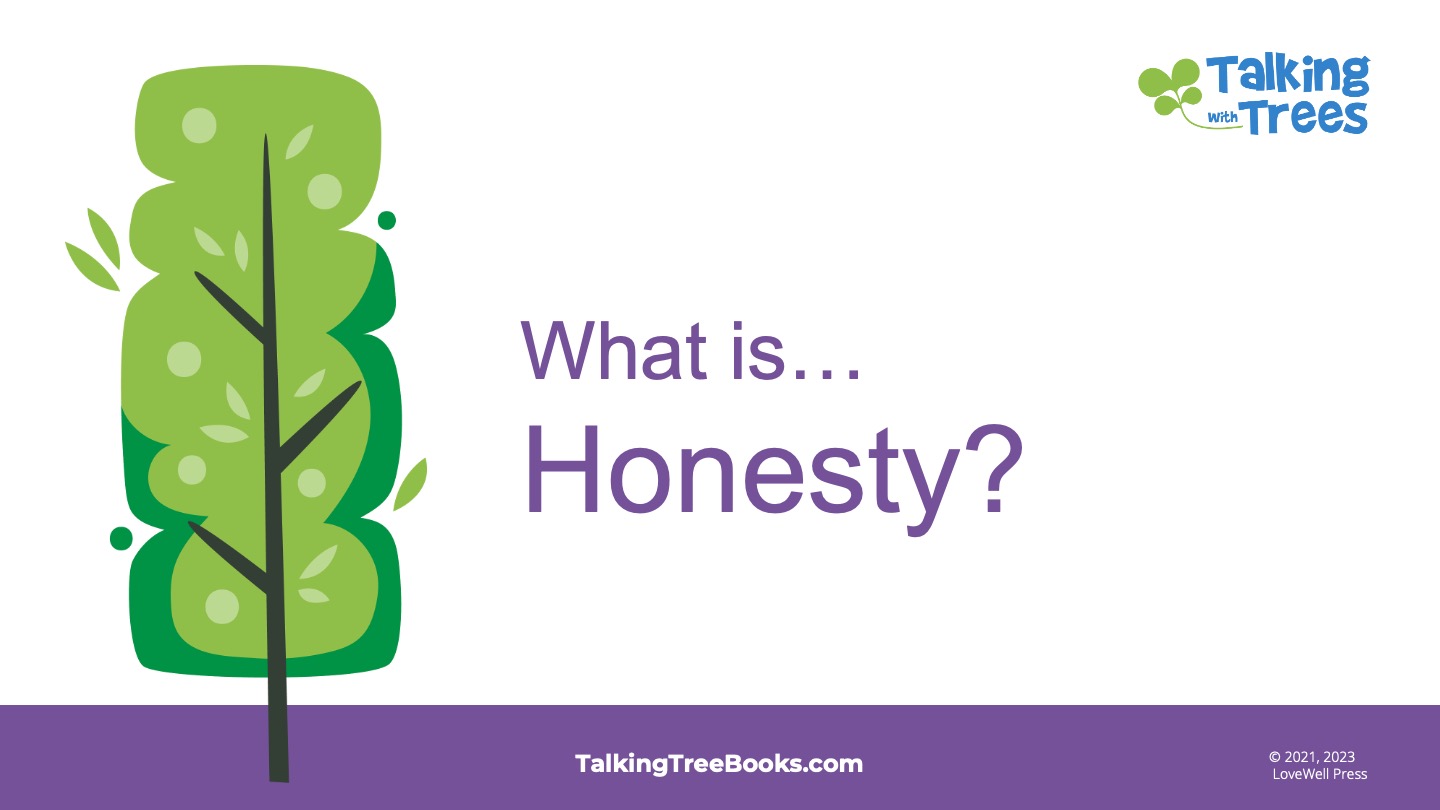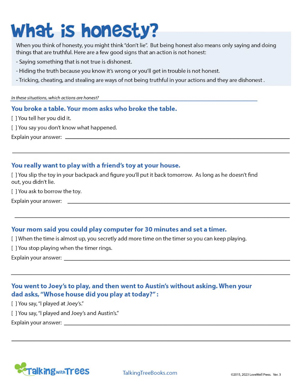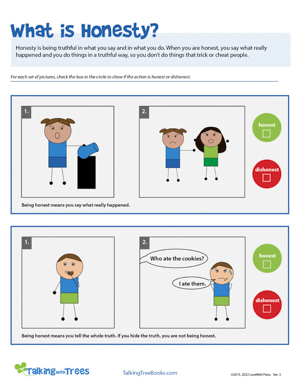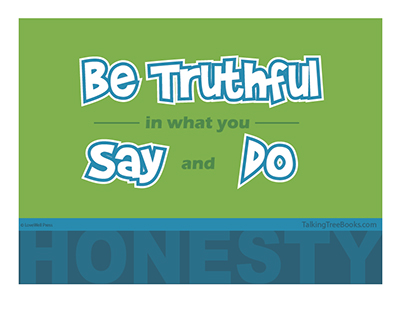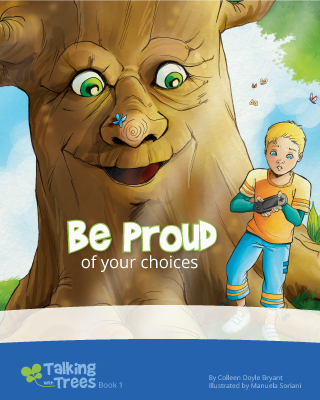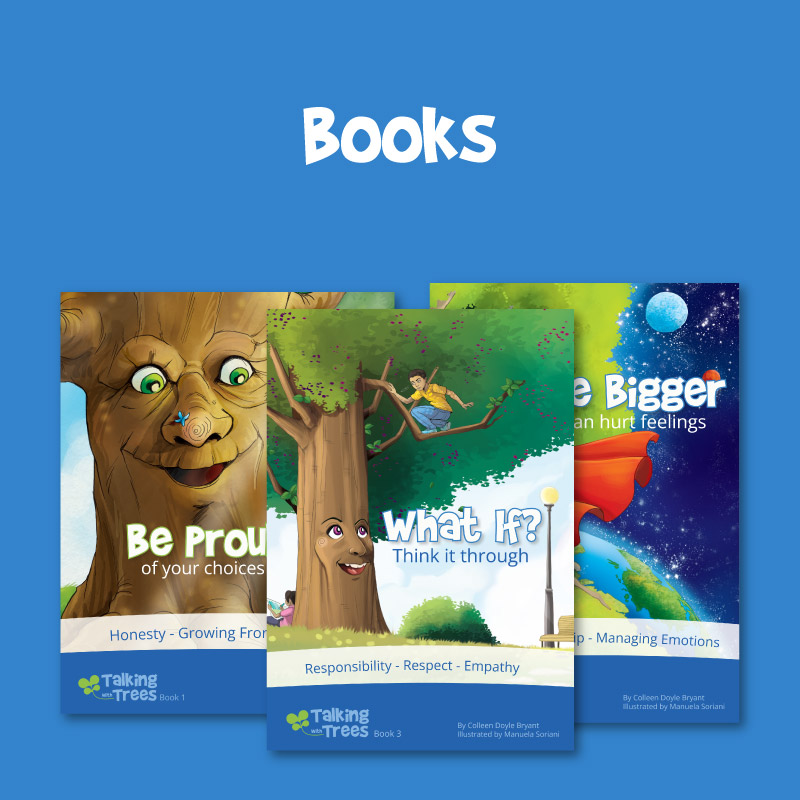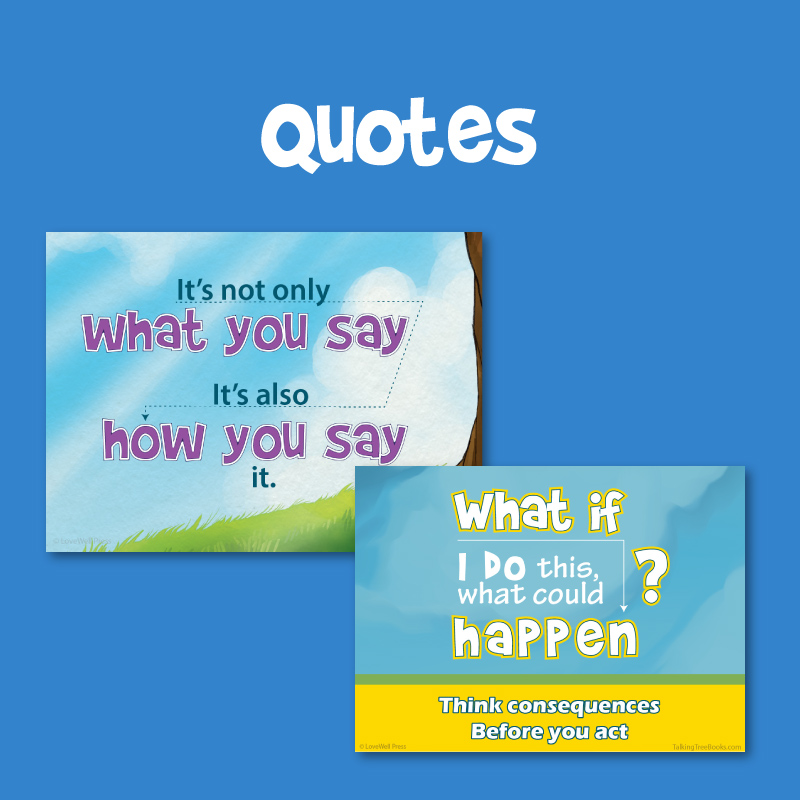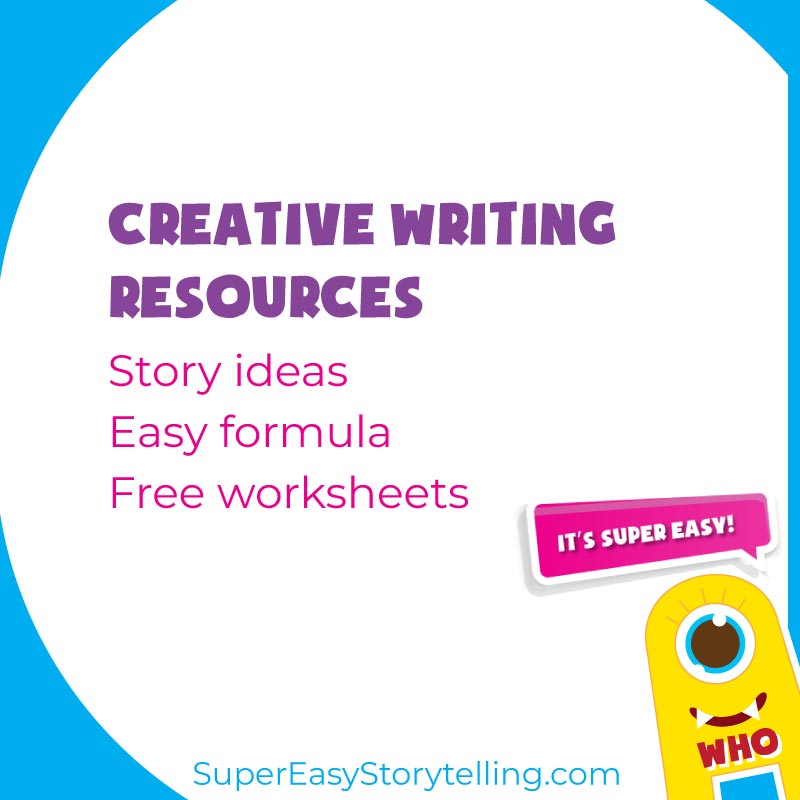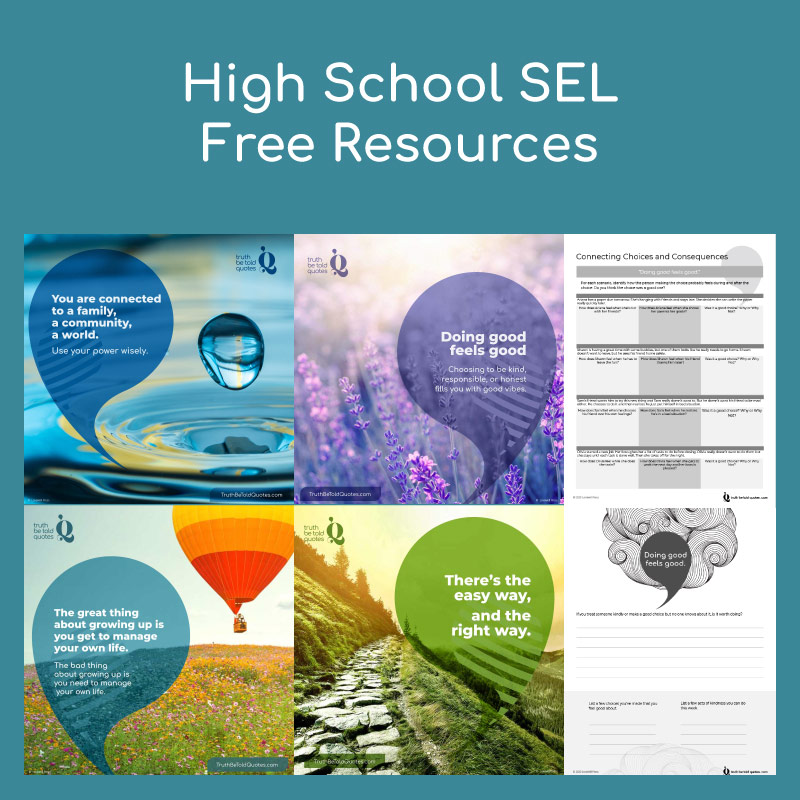Honesty Lesson Plan- Presentation
SEL / Character Ed Lesson Plan for grades K-4
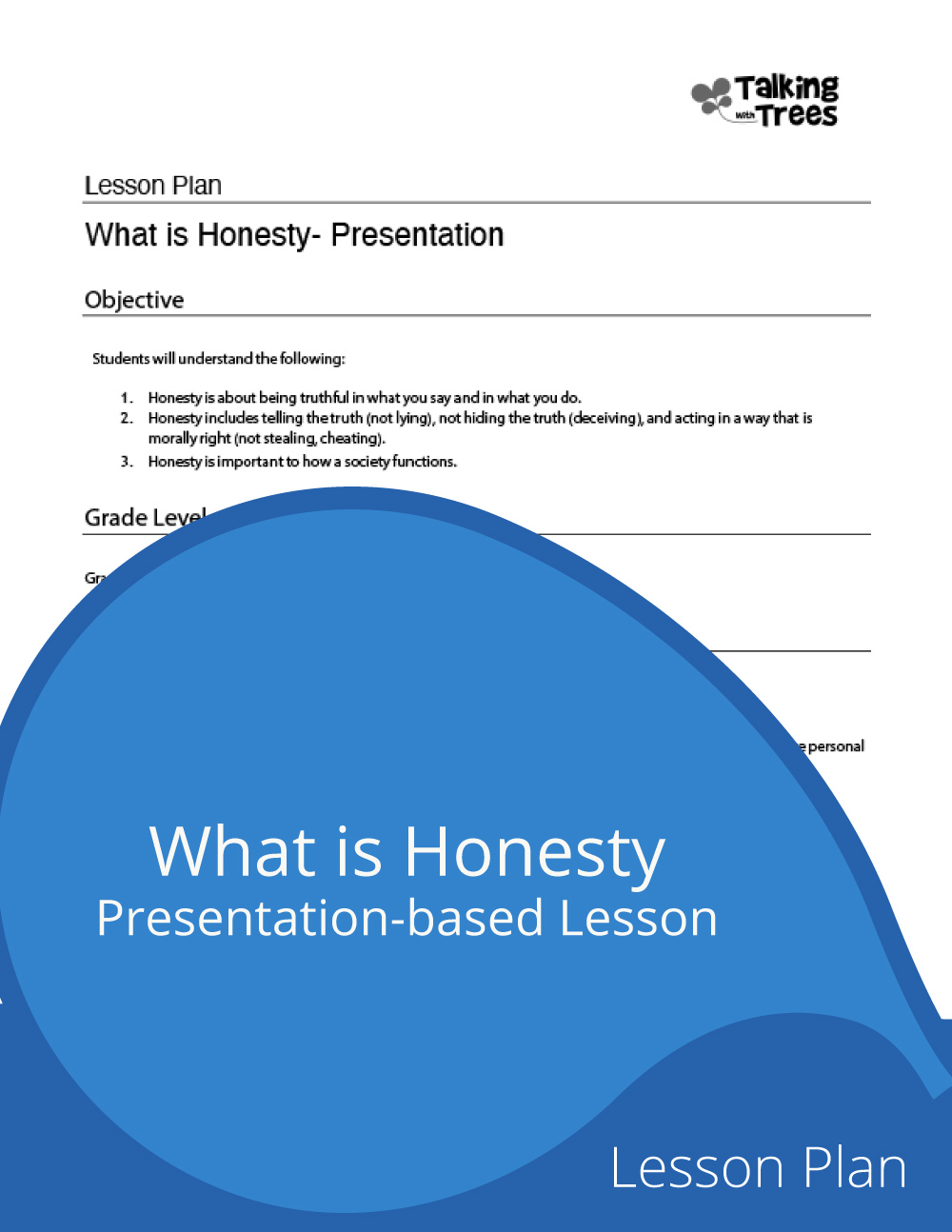
Honesty Presentation
Objective
Students will understand the following:
- Honesty is about being truthful in what you say and in what you do.
- Honesty includes telling the truth (not lying), not hiding the truth (deceiving), and acting in a way that is morally right (not stealing, cheating).
- Honesty is important in how we all work together in society
Grade Level
K - 4
Character / SEL Topics
- Self Awareness, Self Management
- Positive Relationships
- Traits: Honesty, Trustworthiness
Download Resources
Our PDFs, Powerpoints, and Google slides are free to print or share for non-commercial use, meaning you are welcome to link to our website for educational purposes, add PDFs, PPTs, Google Slides to your Google classroom or print for in-class use.
Vocabulary
Honesty- Only doing or saying things that are truthful and morally right. Honesty includes
- telling the truth (not lying)
- acting in a way that is truthful and doesn’t hide the truth (not deceiving)
- only doing things that are morally right (not stealing or cheating).
Truthful- How something really is or how it really happened.
Procedures
Define honesty and truthfulness
Honesty is about telling the real, whole truth. That means saying what really happened, based on facts and reality.
What are some examples of things that are true, real and based on fact?
- Discuss real objects and events, such as do you have a pet, what did you eat for dinner yesterday, how many desks are in the classroom?
What are some examples of things that are based on imagination or things that aren’t fact?
Stories that come from our imagination aren’t real and aren’t based on fact. Sometimes young children have trouble separating what’s true and what’s imagination. We can “tell a story” from our imagination, but we should be clear it’s a story. If we tell the story as if it really happened, then that’s being dishonest.
- Discuss examples such as movies and storybooks, dreams and plans. If you dream of going to Disneyland, and you tell a story about what you think it will be like to go to Disneyland, that’s imagination. If you say you went to Disneyland and describe it saying you saw it yourself, but you only dreamed about it, that’s dishonest.
Examples of honesty and dishonesty
Telling the Truth- Being honest means you say what really happened. If you bend the truth, exaggerate the truth, or make up something that didn’t happen- those are all types of lying or dishonesty.
Not Hiding the Truth- Showing and telling the whole truth. If you hide part of the truth so someone doesn’t understand the whole story, that’s dishonest. We call it deceit or trickery because you are leaving out important parts of the truth on purpose. Even if you don’t speak a lie, sometimes leaving out part of the information is a lie of omission because it changes how someone will understand what happened.
Acting truthfully- Being truthful in your actions is about not doing things that would trick or hurt others for your own benefit. This is tied to acting morally—society agrees on certain ways we should all behave so that we don’t hurt each other or harm the well-being of society. For example, stealing and cheating are both considered dishonest and morally wrong because they hurt others. As a society, we agree those acts are “wrong” and dishonest.
Scenarios of honesty and dishonesty
1- You ate some cookies. Your mom asks who at the cookies. You say you don’t know. That’s lying because you do know who did it.
2- You break a vase and blame it on someone else. That’s lying about what really happened. It is not based on the real facts.
3- You know a candy bar costs money and you slip it in your pocket and sneak out of the store. That’s stealing and it’s a dishonest act. It’s considered morally wrong to steal because it harms others for your own benefit. Our society agrees that taking things that aren’t yours, or taking things we are expected to pay for without paying for them, is not moral and is dishonest.
4- You hide under the covers to keep reading your book after bedtime. When your mom asks if you’re sleeping, you don’t answer. This is dishonest because you are hiding actions you know you aren’t supposed to be doing. Even if you don’t speak a lie, the act is still dishonest.
Discuss why honesty is important to a society
Honesty is important for people to live peacefully together. We need to know our friends, family, and leaders have a common belief in being truthful and trustworthy in order to have a basic level of trust and safety.
One easy way to see why honesty is important is to picture a world where people lie and trick each other. What would that world be like?
- What if your classmate blamed someone else so they wouldn’t get in trouble?
- What if your friends could steal your toys whenever they came over to play?
- What if your classmate took your homework and said it was theirs? Then when you tried to show the teacher the truth, the classmate lied about it?
- What if you ordered a new book online and the company said they would ship it to you; but when the box arrived, it was just a box of rocks?
- What if your brother saw your backpack and hid it. Then when you were searching for it, he just said, “Yeah, I saw it earlier.”
Our society is built on the trust and safety that comes from all of us agreeing to be honest in how we deal with each other.
Expanded Discussion Options:
Discuss why honesty is important in friendships.
Discuss how honesty is essential to having positive relationships. For relationships to work, we each need to
know we will treat each other fairly and truthfully. Pose some questions that reveal how honesty is important to maintaining positive friendships:
“What if each time your friend came over, she took one of your toys without asking, decided it was hers, and brought it home forever.” (Stealing)
“What if you studied hard and your friend didn’t, then he copied all your answers?” (Fairness)
“What if your friend lost a school book but told the teacher you were the one who lost it?” (Lying)
Discuss how honesty is important with parents and teachers.
When you are consistently honest, parents and teachers know they can trust you to make good choices. As you
grow up, parents and teachers won’t be there to supervise you all the time. By being consistently honest, you are showing them they can trust you to be safe and well when you are on your own. If they feel they can’t trust you, you won’t get to do as many things or make your own choices.
Pose some questions on the importance of honesty in establishing trust:
“What if you are at school and tell the teacher you are going to the restroom, but the teacher finds out you really took the iPod you hid in your back pack and played games in the bathroom?” This impacts trust. The teacher is not going to trust you to do things on your own next time.
“What if you are playing ball and accidentally break a flower pot. Your mom asks how it happened and you tell her you don’t know. But you don’t realize she actually saw you do it.” She knows you lied about this, so next time she won’t be able to trust you are telling the truth. Maybe next time you really don’t know what happened, but she may assume you are lying again.
Extend the lesson
Depending on the age and reading/writing ability of the students, choose a what is honesty worksheet:
- What is Honesty Picture-based Worksheet- For pre-readers, picture based scenarios that are the same as presented in the presentation
- What is Honesty Scenarios- Read scenarios and decide if the action is honest. Describe why or why not. (Teacher guide for worksheet also available here.)


